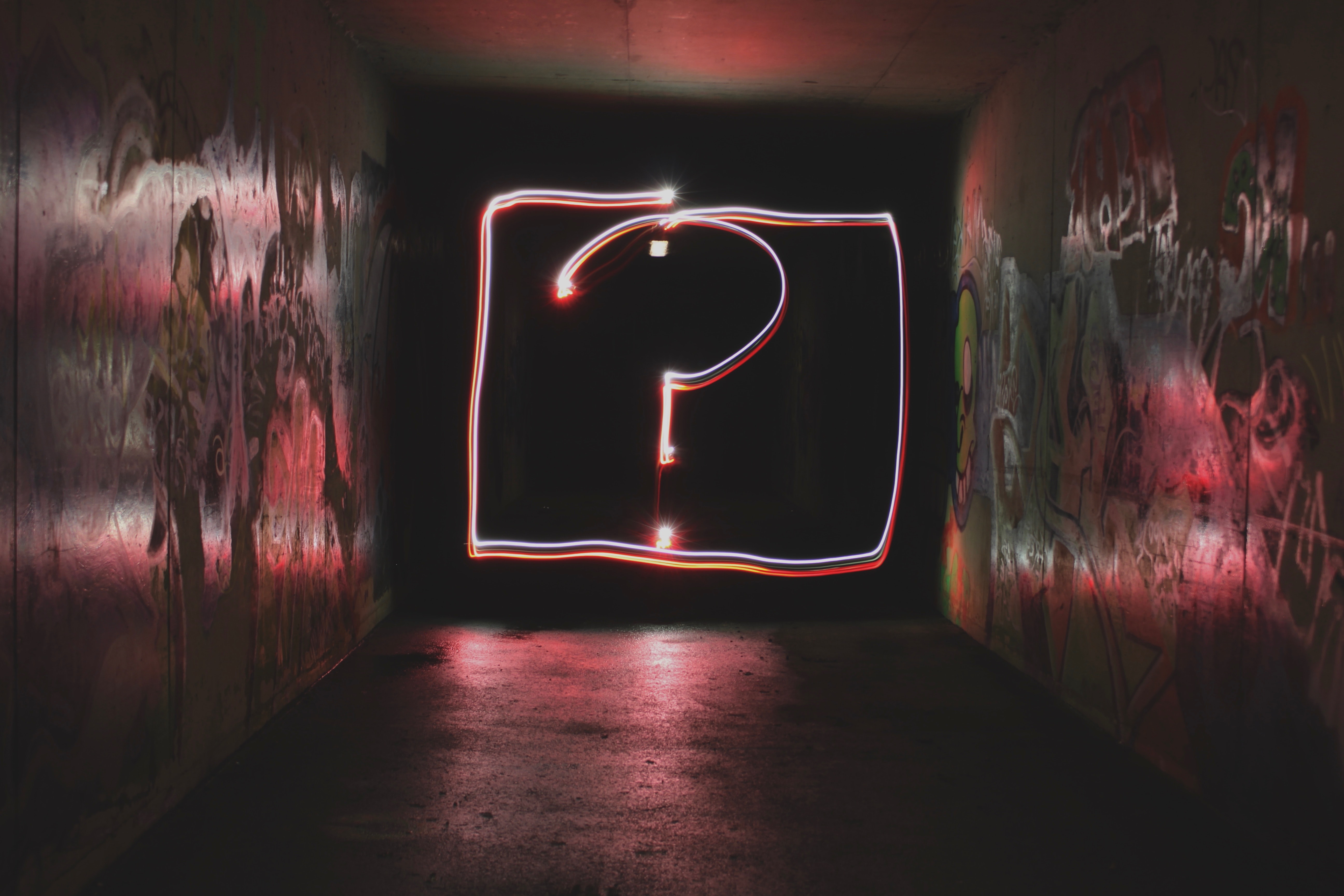
Let's face it. The passages in the Reading Comprehension sections are always boring and often painful. Actually, they're not much different than the books, course packs, and articles assigned in college, so you might as well get used to them!
Reading Comprehension is best improved with repeated practice. Students who score high on this portion of the ACT are prolific readers, who are comfortable reading dry, difficult passages. From now until test time, read one short article or passage each day from one of the websites below.
GENERAL
These magazines cover multiple passage types on the ACT.
Atlantic Weekly
Harper's Magazine
National Geographic
The New York Times
The New Yorker
Time
Wall Street Journal
SOCIAL SCIENCES
Social science passages focus of the study of society and the effects that recent and past events have on society. Examples include the battle for women's suffrage or the changes resulting from the invention of the cell phone.
The Economist
Foreign Affairs
Journal of Democracy
The Washington Quarterly
The Nation
NATURAL SCIENCES
Natural science articles use scientific evidence to explain a process or phenomenon. Possible topics include the sonar perception of fruit bats or the explosive ingredients in gunpowder.
Popular Science
Scientific American
American Scientist
HUMANITIES
Humanities passages cover cultural perspectives on art, literature, and philosophy. Topics might include the need for restoration of Victorian-era homes or a comparison of an author's first and last novels.
Archipelago
Art Forum
Smithsonian Magazine
American Journal of Archaeology
Arts Journal
LITERATURE
Literature passages are excepts from novels or short stories, usually published in the last century, but occasionally from the late 1800's. These passages are typically the easiest type on the SAT. The first four websites below contain short stories. The latter group offers complete novels available for download from the listed author. The SAT often uses the first 80 to 90 lines of a novel for a literature passage, so we recommend practicing with these well-known authors.
Short Stories:
Short Stories
Classic Short Stories
All-Story
Novels:
Willa Cather
Joseph Conrad
Theodore Dreiser
F. Scott Fitzgerald
E.M. Forster
D.H. Lawrence
Edith Wharton